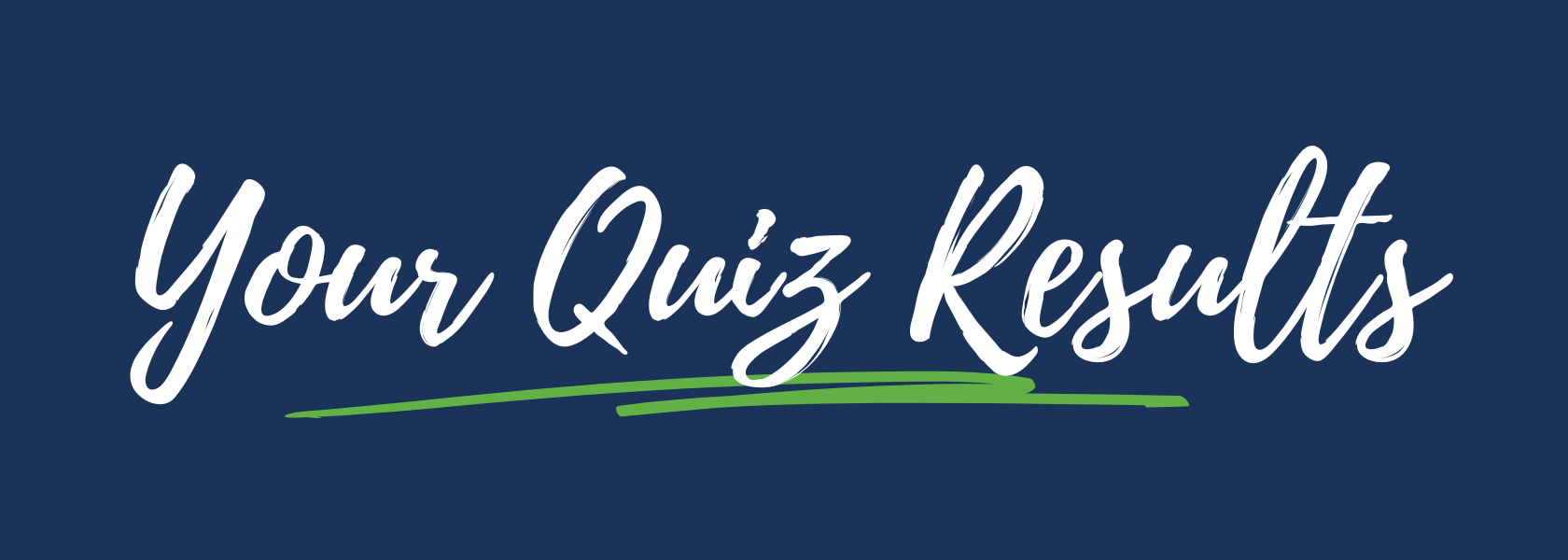We crunched the numbers (well, sort of), and here’s what your answers say about where your school is and where you might go next.
YOUR SCHOOL is ready for…
Science-Aligned Literacy
🎉 Congratulations! You’re stepping into a powerful chapter, one fueled by research, reflection, and a shared commitment to every learner.
You may be starting to explore what “the science of reading and writing” means for your teachers, your students, and your school’s approach to literacy.
You’ll want to start tackling important questions with the whole staff:
What does research tell us about how the brain learns to read and write, and how do we bring that to life in our classrooms?
Which literacy assessments are truly reliable (and efficient!) and which ones should we retire?
What practices will we keep, evolve, or let go of?
This isn’t about chasing a trend. It’s about making strategic decisions grounded in research and shaped by your school’s real needs.
When your team builds shared knowledge, uses consistent language, and leans on trusted assessments, alignment grows. And when educators are aligned on the why, it becomes easier, and more compelling, to move forward together on the how.
This is a great place to be: where research meets practice, and students benefit from the difference.
Let’s get started.
Start here.
Course Taster: The Science of Reading K-2 & 3-5
Begin with the The Science of Reading taster to ground your team in the current research landscape and help frame why shifts in practice are emerging across international schools.
Next…
Course Taster: Impactful Assessment; Elevating Instruction
Follow with the Impactful Assessment: Elevating Instruction taster to explore how assessment can drive instruction and support clearer teacher decision-making.
Then…
Use the Using DIBELS Data and Action Steps as a launchpad for data-driven action:
What patterns are emerging in our students' DIBELS scores?
Where are we responding with targeted instruction?
Click the image to access the resource.
Finally…
During your team session, try the See–Think–Wonder thinking routine:
See: What do we notice in these resources that mirrors or challenges our current approach?
Think: What do we think this means for our students?
Wonder: What questions do we now have about where to go next?
Collect team reflections and wonderings in a shared document or Padlet. These will help shape the next stage of your literacy journey, from choosing new resources to deepening practice over time.
Like what you’ve unlocked?
These tasters are just the beginning.
Want full access to this course - plus our entire library of professional learning resources, planners, tools, and on-demand sessions? It all lives inside the EKC Community Membership.
Ready for more? Drop your name and email below, and we’ll be in touch to explore the right access path for your school.




